Keywords: Sydney Institute
There are more than 24 results, only the first 24 are displayed here.
Become a subscriber for more search results.
-

AUSTRALIA
- Kerry Murphy
- 04 January 2024
Throughout recent decades of Australian history, the stance every government has taken on asylum seekers has reflected the shifting political landscapes and challenging humanitarian issues that have continually shaped Australia's response to those seeking refuge.
READ MORE 
-
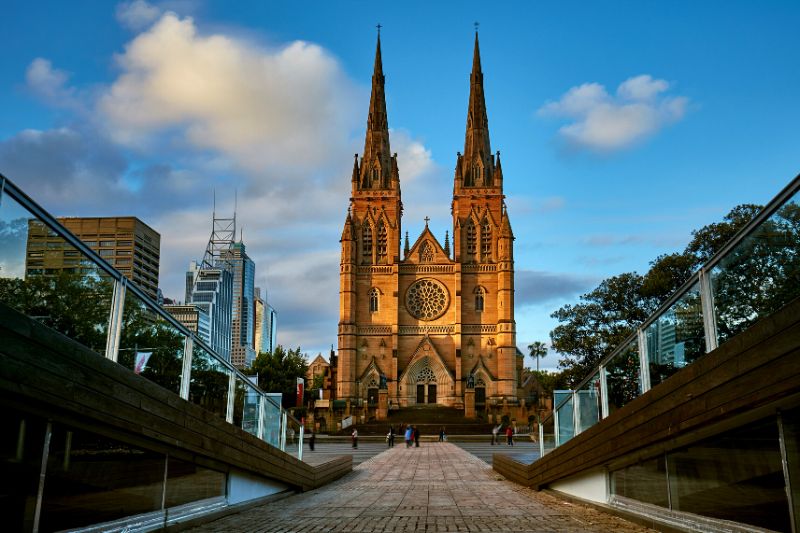
RELIGION
- John Warhurst
- 14 November 2023
11 Comments
Religion and politics are frequent bedfellows. Despite many clerics and bishops holding strong political views, and many lay Catholics being active within political parties, the successful embrace of synodality depends upon finding middle ground, and leaders who respect a diversity of views.
READ MORE
-
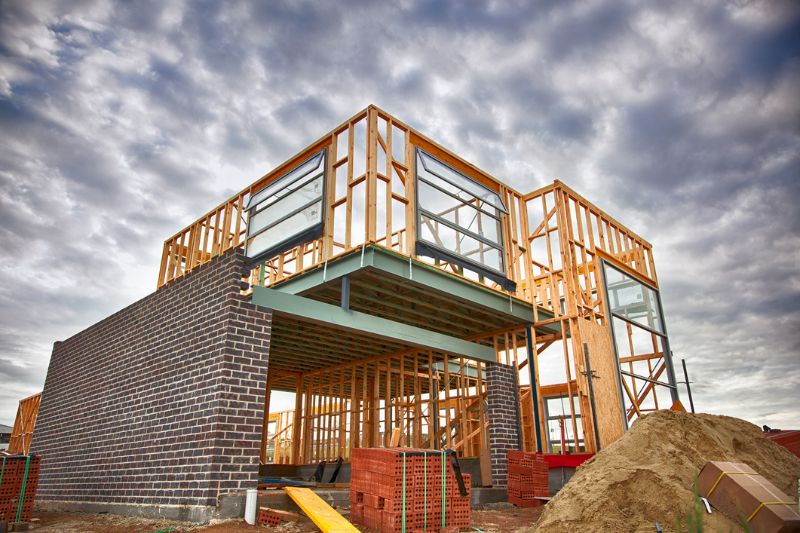
AUSTRALIA
- Peter Mares
- 21 September 2023
2 Comments
Will the Housing Australia Future Fund make a dent on Australia’s housing crisis? After a political tug-of-war, the government's ambitious $10 billion Housing Australia Future Fund (HAFF) has passed parliament, promising tens of thousands of new homes. But with over 170,000 households on social housing waiting lists and a skyrocketing rental market, the question remains: is the HAFF enough?
READ MORE
-

AUSTRALIA
- Kerry Murphy
- 28 July 2023
How has Australia's asylum seeker policy changed over the past thirty years? The approach of every government has reflected the shifting political landscapes and challenging humanitarian issues that have continually shaped Australia's response to those seeking refuge.
READ MORE 
-
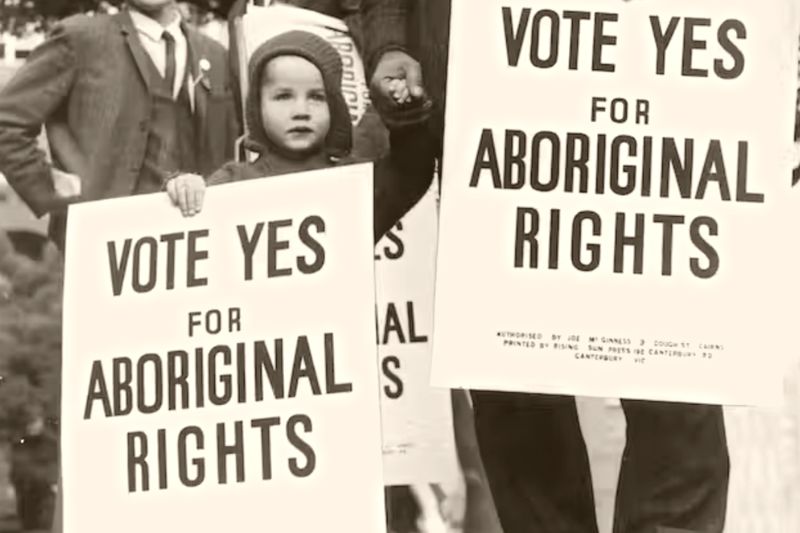
AUSTRALIA
- Frank Brennan
- 05 June 2023
19 Comments
The wording of the proposed change to the Australian Constitution to enshrine a First Nations Voice might not be perfect. But whatever the imperfections and the risk of future complications, it is high time that Australia’s First Peoples were recognised in the Constitution in a manner sought and approved by a broad cross-section of Indigenous leaders.
READ MORE
-
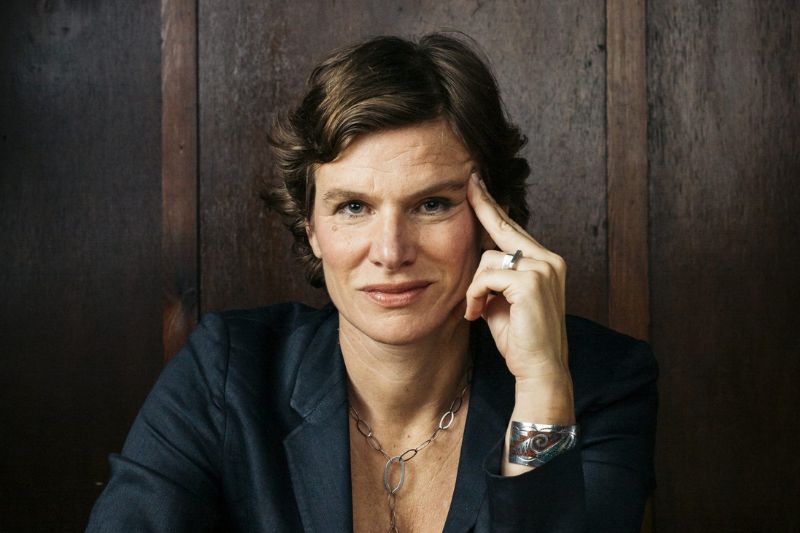
RELIGION
- Bruce Duncan
- 01 June 2023
2 Comments
Prominent figures such as Australia's Treasurer Jim Chalmers and Pope Francis are turning to economist Mariana Mazzucato for insights on reforming the neoliberal capitalist system. Her vision for an equitable and sustainable global economy, aligned with the UN Sustainable Development Goals, is influencing key discussions on economic fairness worldwide.
READ MORE
-
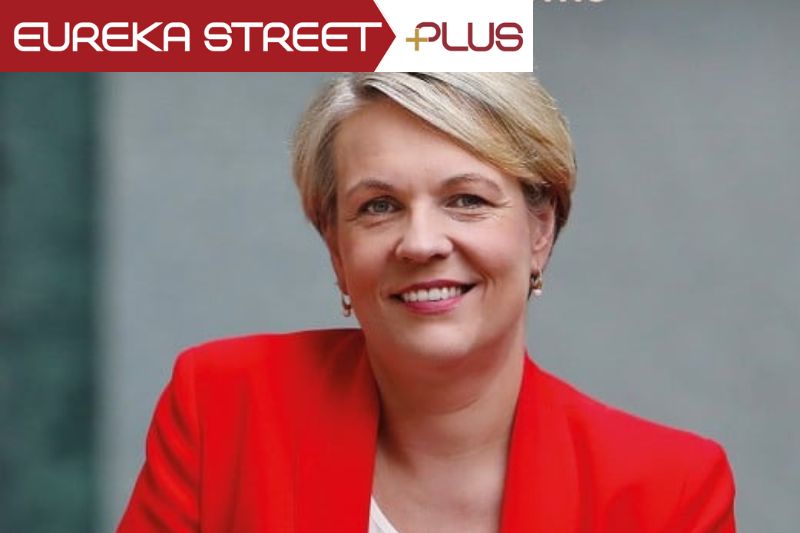
AUSTRALIA
- John Warhurst
- 31 March 2023
2 Comments
This life story of Tanya Plibersek, as told with great sensitivity and empathy by Margaret Simons, is a valuable reflection upon the engagement of a progressive modern woman with two of the great institutions in Australian history: the Labor Party and the Catholic Church.
READ MORE 
-
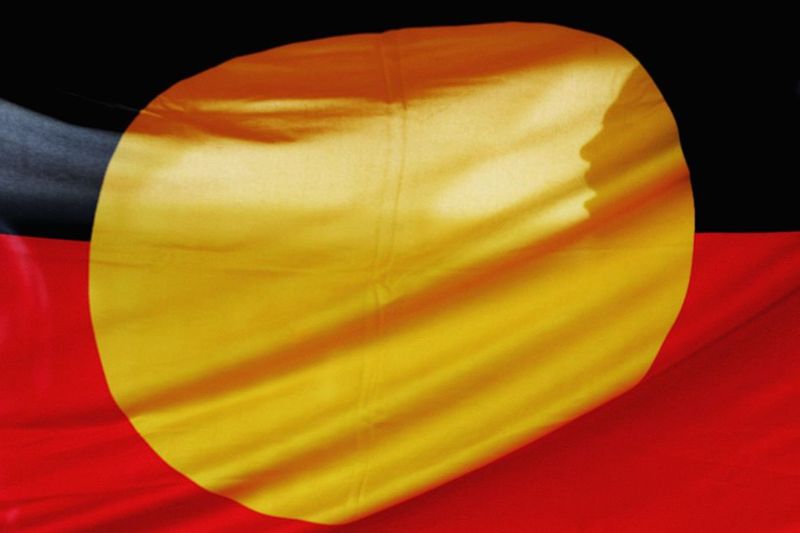
AUSTRALIA
- Frank Brennan
- 05 January 2023
We have a lot of work to do if there is to be any prospect of a successful referendum on the Voice to Parliament, which Indigenous people have put to us as the mode by which they want to be recognised in the Constitution. They have said they want a Voice. Now, we can debate whether it be a Voice to Parliament or a Voice to Parliament and government, or a Voice just about particular laws.
READ MORE
-

AUSTRALIA
- Frank Brennan
- 01 December 2022
15 Comments
We have a lot of work to do if there is to be any prospect of a successful referendum on the Voice to Parliament, which Indigenous people have put to us as the mode by which they want to be recognised in the Constitution. They have said they want a Voice. Now, we can debate whether it be a Voice to Parliament or a Voice to Parliament and government, or a Voice just about particular laws.
READ MORE 
-

AUSTRALIA
- David Halliday, Peter Mares, John Falzon, Nicola Nemaric, Rae Dufty-Jones
- 18 November 2022
1 Comment
Despite rising interest rates and the recent dip in property values, Australia’s housing situation places it among the least affordable property market in the world. With a rise in homelessness and younger Australians locked out of an inflated housing market, what is the way forward for Australia?
READ MORE 
-
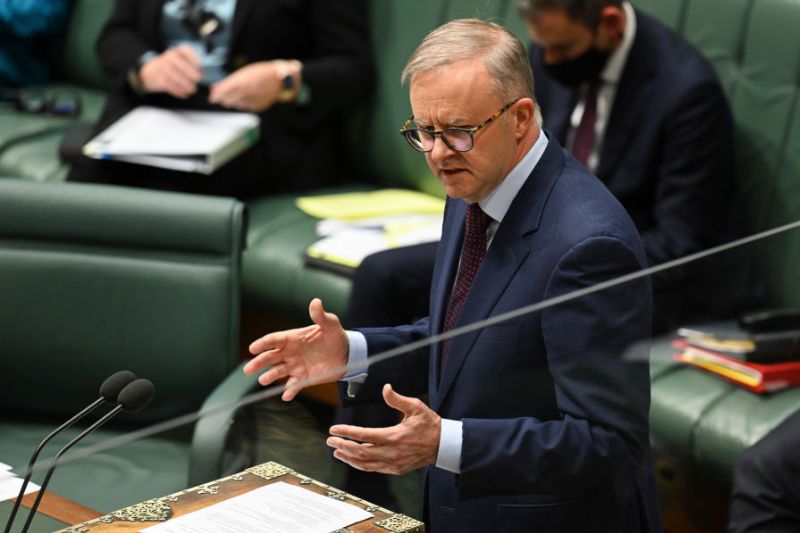
AUSTRALIA
- Frank Brennan
- 28 October 2022
6 Comments
In recent years, Australian policies in relation to asylum seekers and refugees have been unnecessarily mean, cruel and disorganised. The election of the Albanese government provides the opportunity for a reset, putting behind us the past mistakes of both Coalition and Labor Governments in the last 20 years.
READ MORE 
-
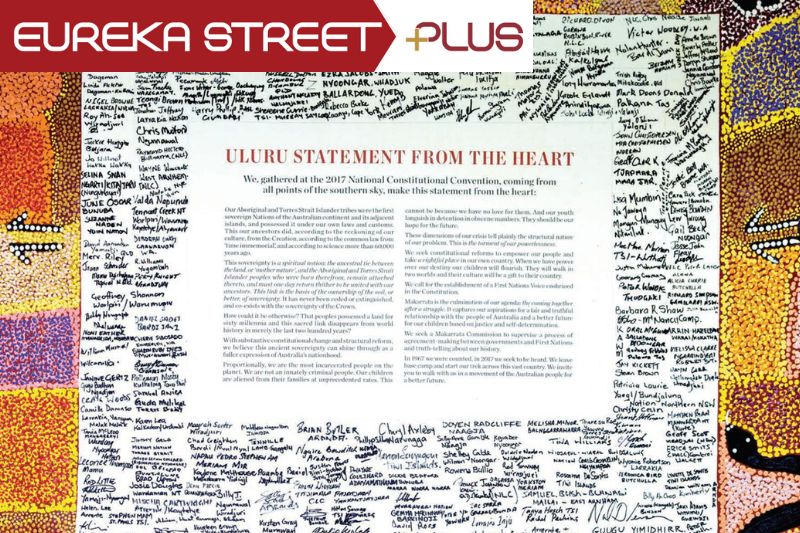
AUSTRALIA
- Frank Brennan
- 17 August 2022
2 Comments
We need to be able to do more than simply give notional assent to the Uluru Statement. We need to be able to contribute to the hard thinking and difficult discussions to be had if the overwhelming majority of our fellow Australians are to be convinced of the need for a Voice in the Constitution.
READ MORE 